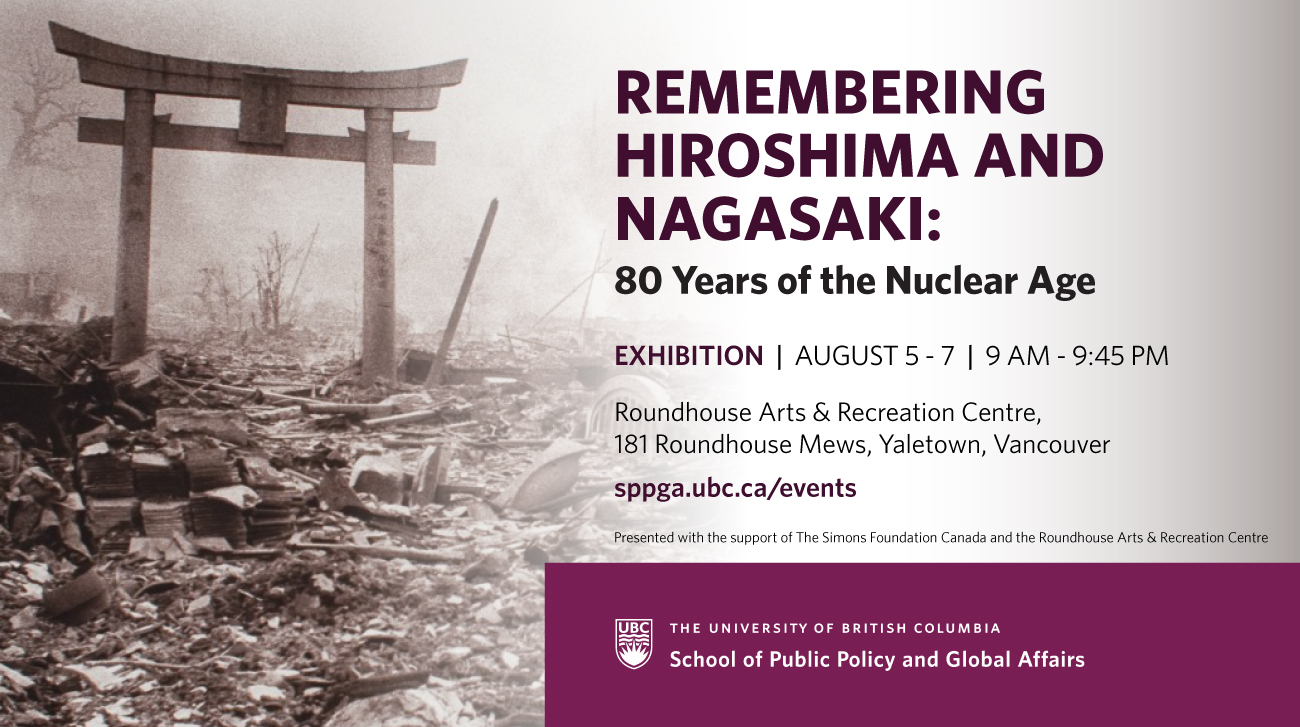Abstract
The entry by Japanese fishing vessels to Bristol Bay, Alaska, in 1937-38—what Alaska salmon fishermen invariably referred to as an “invasion”—not only fed the fishermen’s anxiety over the imperialist ambitions of the Asian nation, but forced them to confront their own ideas of ownership over the salmon and the very ocean itself. This paper examines the ways Alaskans interacted with and understood the salmon, the physical environment of Bristol Bay, and the conceptual nature of ocean borders, and how those perspectives entered the political and diplomatic discourse on the eve of the Second World War.
About the Speaker
Ross Coen is a PhD candidate in history at the University of Washington where he is studying the histories of race, environment, and science in early 20th-century Alaska salmon fisheries. He is the author of three books on the history of the North American West, most recently Fu-Go: The Curious History of Japan’s Balloon Bomb Attack on America, published by the University of Nebraska Press in 2014.

